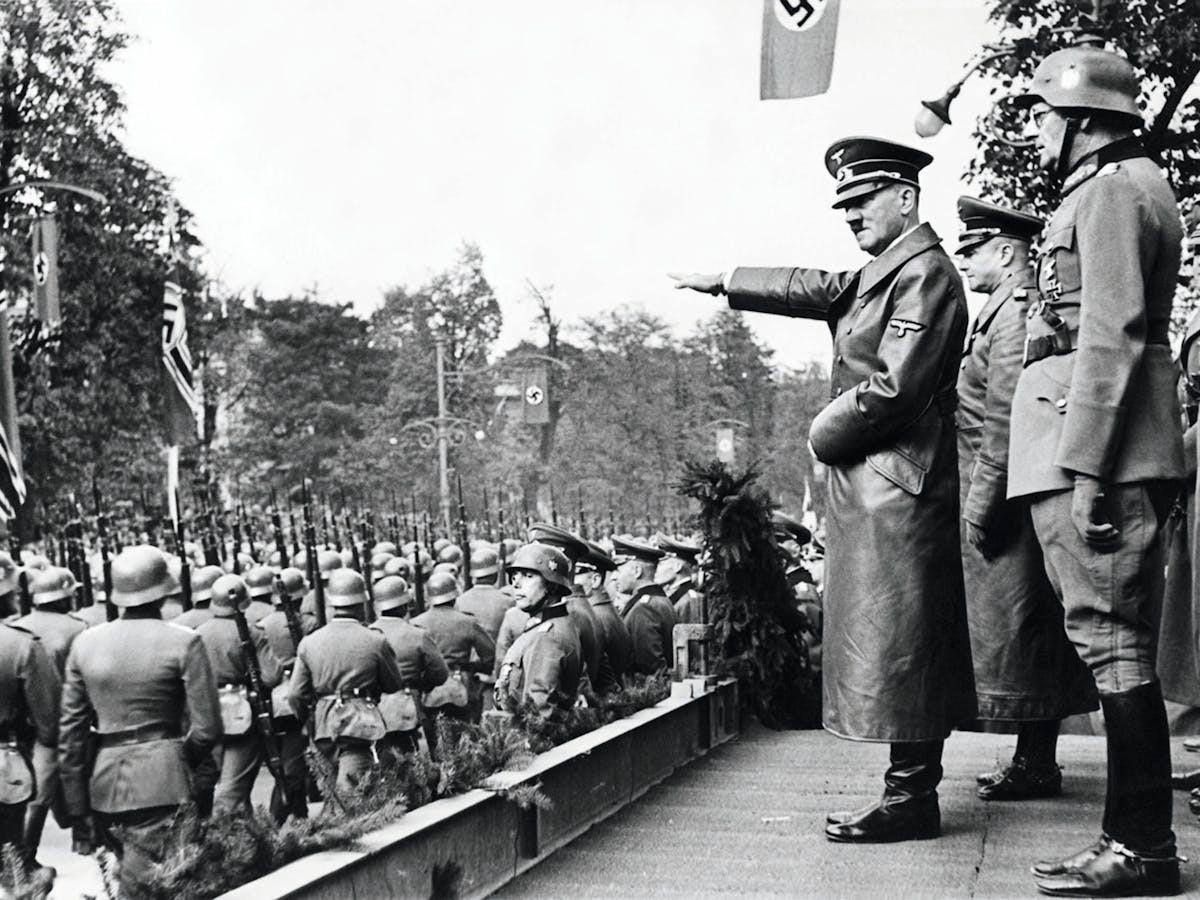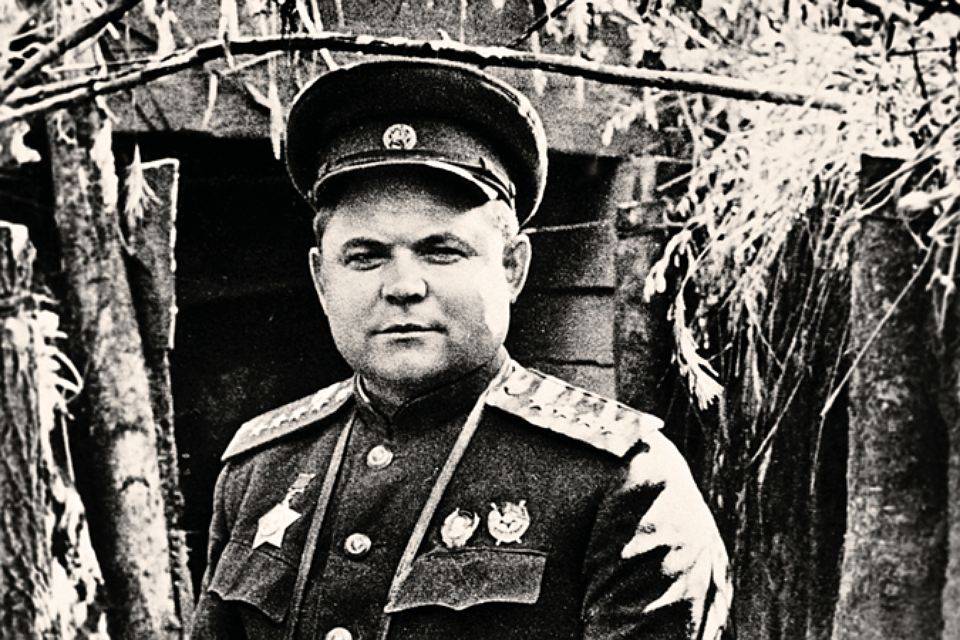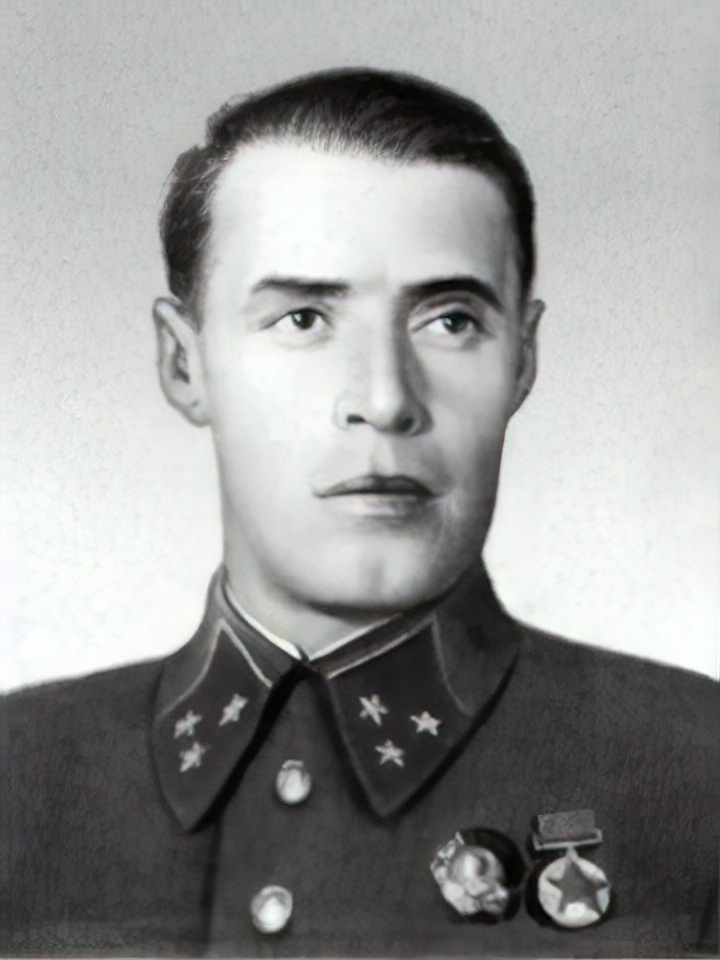Exposition of a complex real case, highly illustrative.
This is illustrated by mistakes that affected Germany’s plans and strategies during the war with the Soviet Union from 1941 to 1945. During this war, Hitler and his commanders pursued a policy, strategies of state,total strategies and operational field strategies, many of which were plagued by poor decisions.
Still, knowing that erroneous, slanted or incomplete decisions had been made, in those circumstances, could anyone within the Wehrmatch have avoided the mistakes or serious mistakes of Germany’s actions?

In the campaign of 1941, Germany lacked a clearly defined objective and this divided its military effort. Germany’s principal attacks were dispersed between Leningrad, Kiev and Moscow, without existing a single objective of June 22, 1941. Both Leningrad and Kiev were given their own importance, rather than be treated as intermediate goals within a larger campaign. Moscow was not emphasized as a primary objective until October, when the possibility of a reasonable conquest had already disappeared.
Given the demographic and geographical characteristics of the USSR, it is absurd to pretend that the main objective was to annihilate the Red Army before the «Moscow meridian». Even if the top brass of the Wehrmatch wanted to recreate a large encirclement and annihilation operation in several successive battles.
The diversion towards Kiev of the Second Panzer Corp of Guderian came at the expense of the effort of the Center Armies Group advancing towards Moscow. And forced its tanks to detour more than 1,000 kilometers. In practice, to estimate the attrition of its operational movement capacity, these were equivalent to 2,000 km of distance travelled. But, despite the many prisoners captured in Kiev, these were not sufficient to force Stalin to surrender, because this was disregarded at the time.
In September 1941, Leningrad could be taken by the Northern Armies Group. Hitler’s decision to surround the city was made in an effort to avoid the risk of troop losses that would come about by urban fighting, something which had indeed occurred in Kiev. But this decision tied the German Northern Armies to a secondary target. If the city had been taken rather than surrounded, the Northern Armies Group, despite their delay, could join the Center Armies Group to assault Moscow or to reinforce the march of the Southern Armies Group toward the Caucasus the following year, seeking for an economic fundamental target.
Now, occurs a huge mistake of Hitler. And it happens at the level of grand strategy, national strategy or total strategy.
:quality(70)/cloudfront-us-east-1.images.arcpublishing.com/elfinanciero/U62LWMTIUJHSJOYD3VUVPI63EA.jpg)
In 1941, more than 50 million Slavs, living in Ukraine, White Russia or Belarus and the Baltic countries, expected the Germans as liberators of the unbearable yoke of the Stalinist communists. Between 1931 and 1937, “Little Father Stalin” had deliberately and calculated massacred some 5 million Ukrainians, for the mere fact of being them. And, never is any «fault» of the whole of a country, of an ethnic group.
Ukraine was the grain barn of the USSR and, during the Five-Year Industrial Plan, Ukrainian agricultural resources were diverted towards the objectives of that Plan. The peasants were not assigned seeds and the remaining ones were kept to eat. The peasants were required to deliver abusive quotas of milk, meat and crops. Stalin approved genocide supposedly for the sake of his ideology.
After the victorious passage of the Wehrmatch, Himmler sent the SS. To take care of the Slavs, the Untermensch, the undermen or human subbeens. To obtain cheap, slave labor to the service of the Reich.
And, instead of accepting them and joining a large close and favorable rear, with all the millions of men available as allies. Capable of performing internal tasks of defense of the territory and of first protection of the immense line of communications from the Reich to the Eastern Front. And to integrate them to some extent into the «auxiliary forces» of the Wehrmatch, like the Romanians. And producing in Ukraine goods and services for the Germans. Hitler immediately alienated the will of the Ukrainians: employing the Vesanic occupiers of the SS, who killed them directly or banished them to Germany.

And the ex-Soviet rear was filled with anti-German partisans. That was the only «strategic guerrilla» of World War II. Since it was directly dependent on a constituted state and was an operational auxiliary of the Red Army. Which gave it certain characteristics of «belligerent of right«, distancing them from the simple outlaws or bandits.
In the summer of 1943, when the Soviet guerrilla war reached its peak, some 250,000 partisans were fixing half a million German and allied troops (from Russians, Italians, Hungarians, rear police, to German garrison units). The Germans of the first line were only used in large operations of encirclement and annihilation of guerrillas. Even the small garrison forces, usually a section, with a core of Germans, maintained a proactive behavior: they had to send to patrol periodically to half a section or to join it with an external force, gathered for a more ambitious operation.

In 1942, German troops were within 100 kilometers of Moscow. Nevertheless, Hitler changed the strategic attack of the campaign to the south and its more economically profitable objectives; a change that his generals did not understand. By making that decision, Germany lost forever the possibility of capturing Moscow or Leningrad. Later, Hitler made the delayed decision to divide the South Armies Group, with one part proceeding to the Caucasus and the other advancing toward Stalingrad. The result was that neither Armies reached their objectives.
The acceptance of a battle of attrition and not of maneuvers (this was impossible) in Stalingrad, led the German Army to lose during it its greater and better operational movement capacity, against the Soviet Army of masses, almost inexhaustible. Later, by not allowing the rapid withdrawal of the German 6th Army from that city, when the Soviets established their operational encirclement or, better, before that, causing the German forces debilitating losses due to the lack of suitable and defended supply lines.

Hitler’s decision, in spite of all the criticism it provoked, to fight a late the battle with Soviet forces based in Kursk. Which could have been attacked in April, just a little after Erich von Manstein’s scythe blow against the flanks and rearward of the Soviet Voronezh Front or Armies Group of Voronezh of colonel general Vatutin and the Mobile Group of deep incursion of general Markian Popov, which marched towards the Dnieper’s mouth, centered the German armies again on a secondary target. Even worse was that Germany’s invaluable armored tanks that spear-headed the advance in Kursk (moving hard in rhombus – or armored shaped wedges or Panzerkiel) foundered, when they encountered Soviet antitank in deep deployments forming even “fortified regions”.

The result was similar for the Panzer Divisions, even reinforced by Tigers battalions and the new Ferdinand heavy assault guns, to what Germany infantry divisions faced in Stalingrad: pitting direct force against direct force and high troop looses for both side, were the parity in men and Germany’s superior preparation and tactical doctrine dissipated in the face of concentric high fires.
When a German was worth as a combatant what three or four Russians, according to the conscientious studies of the American colonel Trevor N. Dupuy, from the results of multiple battles of World War II.
(to be continued)